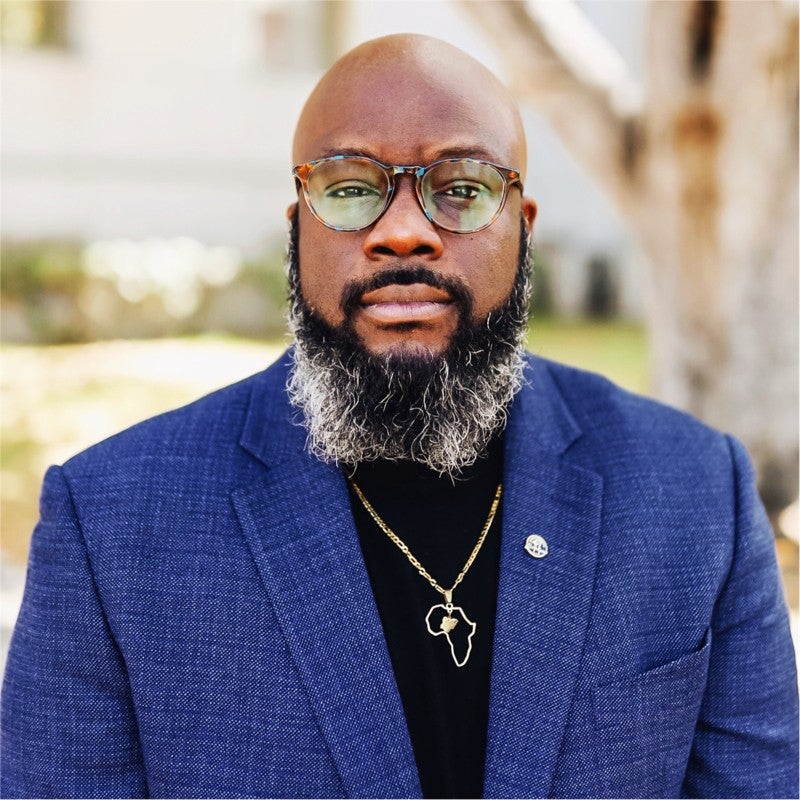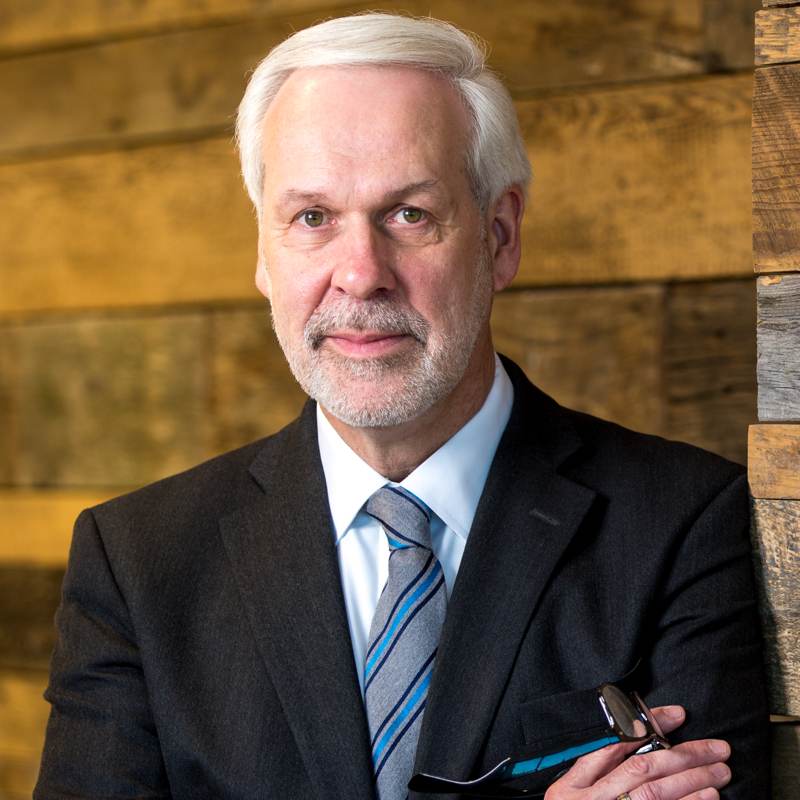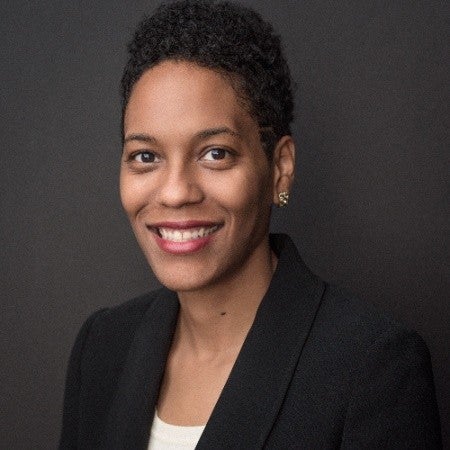Equity Institute 2023
General registration for this year’s institute has now closed. If you would like to join the upcoming 2023 Summer Institute, please contact equityinstitute@georgetown.edu.

The Summer Institute is an annual event that brings colleges and universities from across the United States together to tackle the most complex challenges to equity in the academic experience on their campuses.
2023 Provocation Speakers
Monday, June 5, 2023
Olufemi “Femi” Ogundele
Tuesday, June 6, 2023
Paul Le Blanc
Wednesday, June 7, 2023
Amelia Parnell



Olufemi Ogundele’s Bio
In his capacity as Associate Vice Chancellor of Admissions & Enrollment, Femi provides vision, strategy and leadership in the recruitment and evaluation of California’s public flagship. His vision and leadership in undergraduate admissions outreach initiatives targeting the state’s, underrepresented, undocumented, underserved and first-generation students have resulted in four consecutive years of the most ethnically and geographically diverse classes of students to Berkeley in 3 decades. Femi’s been successful at building outreach and evaluation processes that have resulted in greater diversity at Stanford University, Cornell University, University of Delaware, Ithaca College, and now University of California, Berkeley. He sits on national college access boards and has done work to establish higher education pipelines for students and educators throughout sub-Saharan Africa. With degrees from Mansfield University of Pennsylvania and Ithaca College, Femi remains committed to the scholarship of equity in education as he is also currently pursuing a doctoral degree at UC Berkeley’s Graduate School of Education.
Dr. Paul Le Blanc’s Bio
Dr. Paul J. LeBlanc is President of Southern New Hampshire University (SNHU) and author of Students First: Equity, Access, and Opportunity in Higher Education and Broken: How our Social Systems are Failing Us. Under the 18 years of Paul’s direction, SNHU has grown from 10,000 students to over 175,000 learners and is the largest non-profit provider of online higher education in the country. Paul immigrated to the United States as a child, was the first person in his extended family to attend college and is a graduate of Framingham State University (BA), Boston College (MA), and the University of Massachusetts (PhD). From 1993 to 1996 he directed a technology start up for Houghton Mifflin Publishing Company, was President of Marlboro College (VT) from 1996 to 2003 and became President of SNHU in 2003.
Dr. Amelia Parnell’s Bio
Amelia Parnell is vice president for research and policy at NASPA – Student Affairs Administrators in Higher Education, where she leads many of the Association’s scholarly and advocacy-focused activities. Amelia writes and speaks frequently about topics related to student affairs, college affordability, student learning outcomes, and institutions’ use of data and analytics. Amelia’s policy and practitioner experiences include prior roles in association management, legislative policy analysis, internal audit, and TRIO programs. Her research portfolio includes studies of leadership in higher education, with a focus on college presidents and vice presidents. She is the author of the new book, You Are a Data Person: Strategies for Using Analytics on Campus, and host of the podcast, Speaking of College. Amelia currently serves on the board of directors for EDUCAUSE and is an advisor to several other higher education organizations. She holds a Ph.D. in higher education from Florida State University and masters and bachelor’s degrees in business administration from Florida A & M University.
Design for Equity or Perpetuate Inequity
If we recognize that systems generate behaviors, we must acknowledge that systems do not move with actors and architects. This session will explore the system of college admission post the George Flloyd summer and with the looming SCOTUS decision on affirmative action. In a time of highly polarized education communities are looking for more than just words, they are looking for action and justice. In this session we’ll discuss what it means in undergraduate admission to design for equity or perpetuate inequity.
We Have It All Wrong: Putting Human Relations At The Heart of Scaling Strategies
Our scaled systems of care – K12, healthcare, mental health, and yes, higher education – have it backwards, using technology, efficiency, and productivity as drivers of scale, often seeking to minimize the centrality of human relationships to any transformational experience in any of those systems. As a result, we pay too much for dismal results. We need to flip the script, starting with relationships and holding them at the heart of the work, while scaling the heck out of everything else.
Student Success Redefined
In 2018, Parnell wrote a thought piece to expand the discussion of how colleges should define student success. She suggested that in addition to retention, persistence, and graduation, college professionals and others should consider four key indicators of students’ progress. Higher education has experienced myriad changes and challenges over the past five years and in this provocation, Parnell will propose an updated set of descriptors of students’ most important milestones.
View the The Summer Institute on Equity in the Academic Experience schedule & directory.
Past Team Project Topics
Advising
- Developing a culturally engaged advising toolkit for academic and faculty advisors
- Developing a framework for using student data analyses to help stakeholders more fully understand academic equity issues and to support positive action to address those issues
Inclusive Pedagogies for academics and professional development
- Building an inclusive pedagogy professional development course for faculty proposing new courses
- Developing a training experience on inclusive practices for tutors and other undergraduate student leaders
Retention in STEM
- Developing a concrete set of proposals for improving retention and graduation for students from diverse groups with strong STEM interests, including those who may have had disappointing results in their introductory STEM classes
- Identifying discrepancies on key outcomes for STEM-interested students in key gateway science courses and any personnel or practices associated with better student outcomes in these courses; developing a series of recommendations to shape systematic faculty development efforts for science faculty
Placement as Form of Belonging
Developing strategies for placing students in the Math curriculum, engaging students in the placement decision, and promoting feelings of academic empowerment and belonging; refining existing Math placement tool, its delivery, and the training for advisors and mentors
